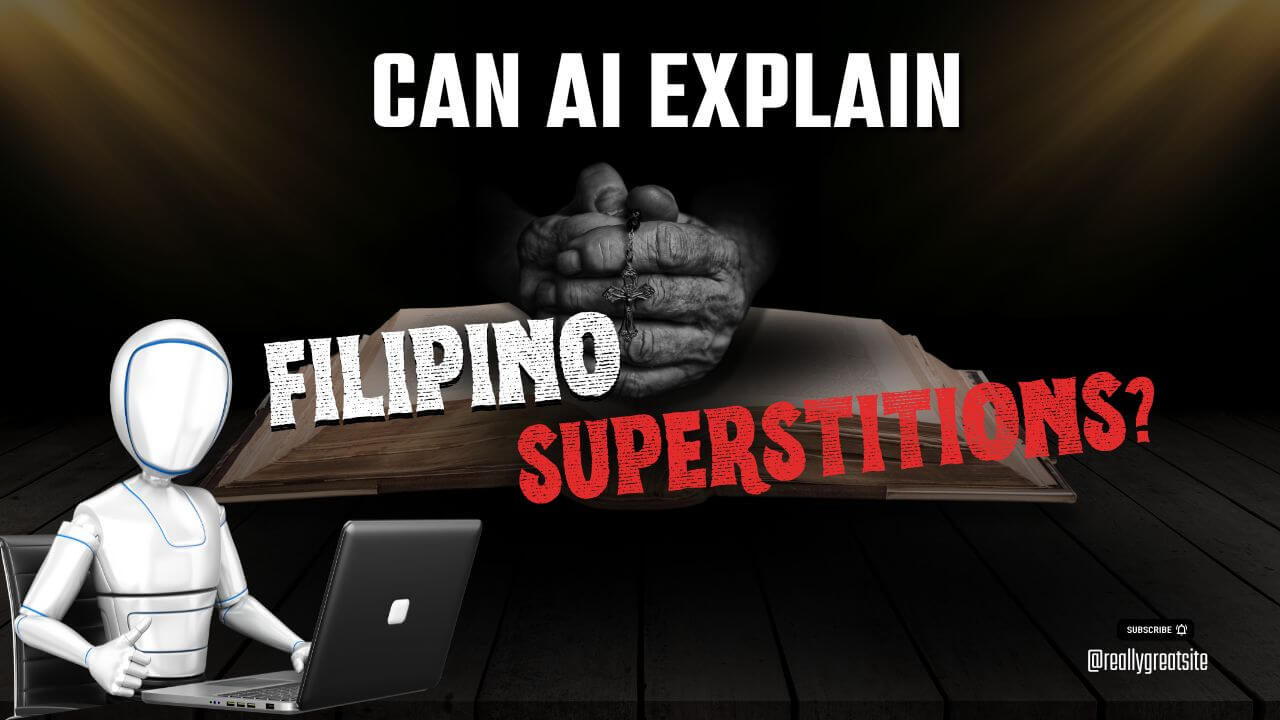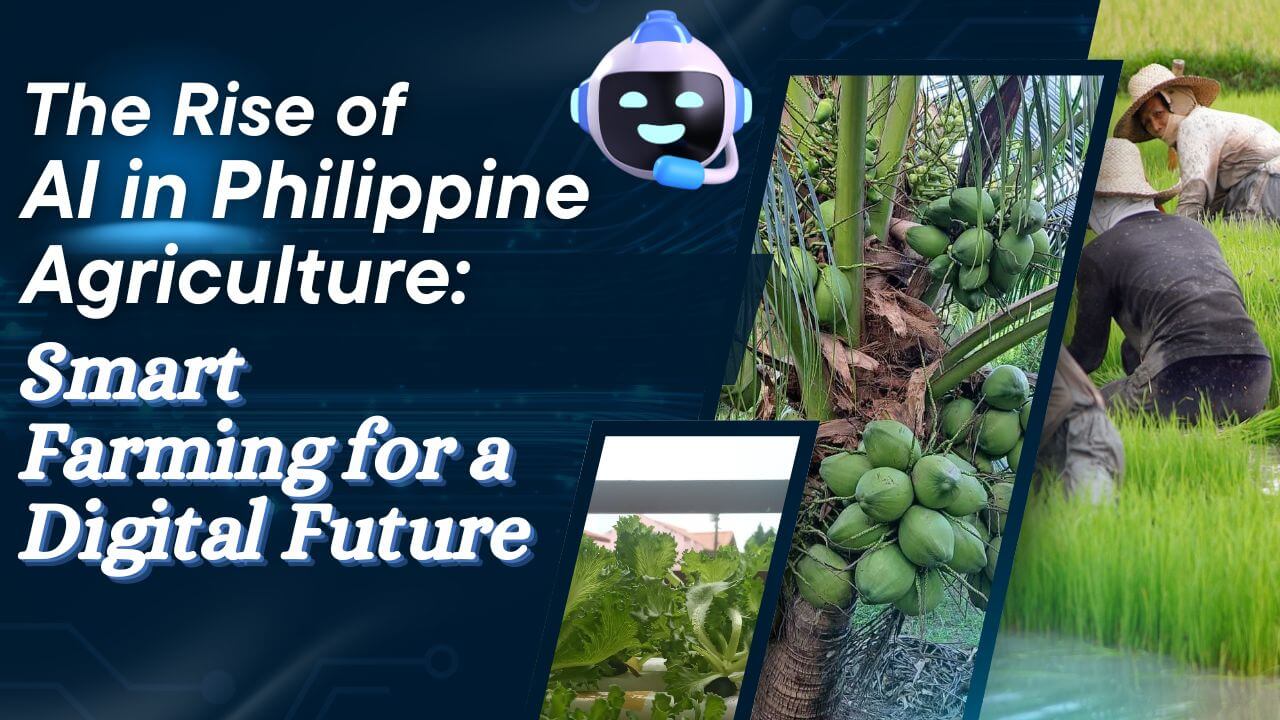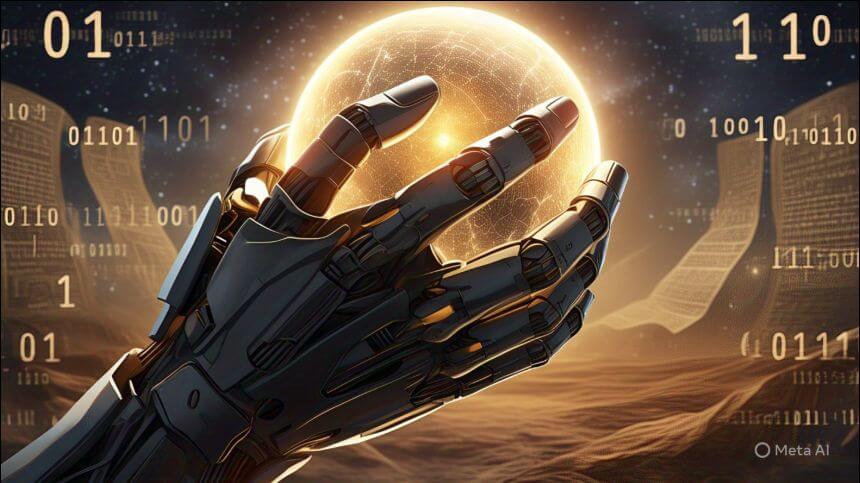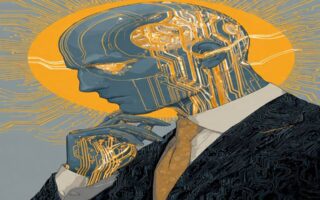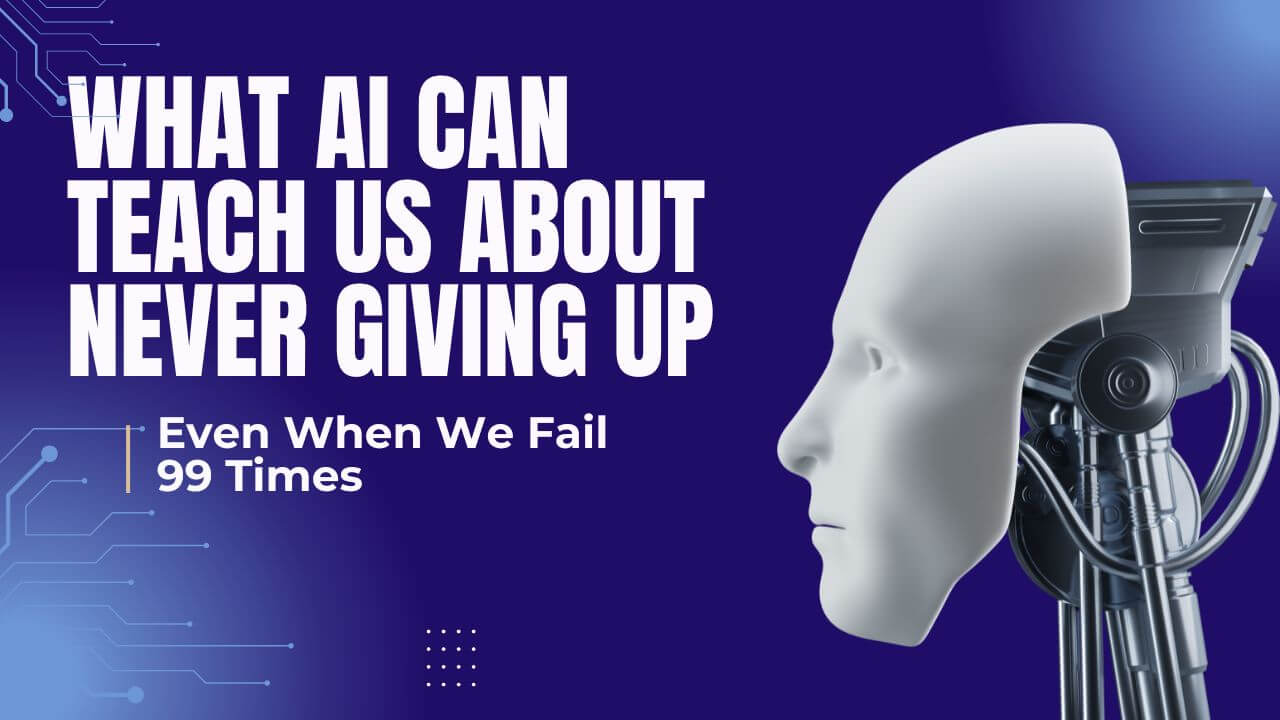Filipinos have long embraced a mix of science and superstition. From avoiding baths on Fridays to believing in spirits that roam the countryside, these traditions have shaped everyday life. But what happens when artificial intelligence steps in to analyze these beliefs? Can AI debunk—or even validate—some of the most famous Filipino urban legends?
The Science Behind Superstitions
Superstitions often stem from cultural traditions, fear of the unknown, or attempts to explain events that science couldn’t previously clarify. AI, however, thrives on data. By analyzing patterns, historical records, and environmental factors, AI can offer insights into why certain beliefs persist.
For example, the infamous White Lady of Balete Drive—a ghost said to haunt a road in Quezon City—has terrified drivers for decades. AI could analyze accident reports, street lighting conditions, and psychological factors to determine whether sightings are linked to poor visibility, exhaustion, or suggestibility rather than actual paranormal activity.
Similarly, AI could examine the belief that sweeping at night drives away good fortune. By studying economic trends, household habits, and historical contexts, AI might reveal whether this superstition originated from practical concerns—such as avoiding disturbing sleeping family members—rather than mystical consequences.
Faith vs. Superstition: What the Bible Says
Throughout history, people have sought ways to explain the unknown, often turning to superstitions as a means of controlling uncertainty. The Bible, however, offers a different perspective—one rooted in faith rather than fear or chance.
Proverbs 16:33 states, “The lot is cast into the lap, but its every decision is from the LORD.” This verse suggests that events are not dictated by luck or random outcomes but by divine purpose. Similarly, 1 Timothy 4:7 advises, “Have nothing to do with irreverent, silly myths. Rather, train yourself for godliness.” This passage reminds believers to focus on wisdom and spiritual growth instead of clinging to unfounded beliefs.
Rather than fearing bad luck or relying on rituals for protection, biblical teachings encourage trust in God’s plan. While superstitions often arise from cultural traditions, the Bible guides individuals toward faith-based confidence, reminding them that life is shaped by divine wisdom rather than chance encounters or arbitrary rules.
Would you like me to connect these insights more deeply with Filipino superstitions or weave them further into the broader discussion on AI and paranormal beliefs?
AI and Paranormal Analysis
AI is already being used worldwide to study unexplained phenomena. Researchers have trained AI models to detect anomalies in video footage, analyze electromagnetic fluctuations, and even predict locations where paranormal activity is frequently reported. In the Philippines, AI could be applied to study common supernatural claims:
- Ghost Sightings: AI-powered image recognition could analyze thousands of photos and videos to determine whether ghostly figures are optical illusions, reflections, or camera glitches.
- Faith Healing: AI could compare medical records of individuals who claim miraculous recoveries to identify patterns in spontaneous healing or psychological effects.
- Unexplained Sounds: AI-driven audio analysis could filter out background noise and pinpoint whether eerie sounds have logical explanations, such as wind patterns or structural vibrations.
Paranormal investigator Ed Caluag has built a reputation for studying supernatural events in the Philippines, appearing in media features and conducting investigations in reported haunted sites. His methods, often met with both intrigue and skepticism, rely on traditional paranormal tools like EVP recorders and spirit boxes. If AI were integrated into his investigations, it could provide an additional layer of scientific validation, helping determine whether mysterious occurrences stem from environmental factors, psychology, or something truly unexplained.
While AI may not completely disprove supernatural experiences, it can provide a scientific framework for understanding them, offering explanations that blend logic with cultural respect.
Conclusion: Science Meets Tradition
Filipino superstitions are deeply rooted in history, storytelling, and shared experiences. AI won’t erase these beliefs, but it can help separate myth from reality. By analyzing data, AI can offer new perspectives on old traditions, helping Filipinos make informed decisions while preserving the cultural significance of these stories.
The Bible reminds believers to place their trust in God rather than superstition, reinforcing the idea that faith should be grounded in wisdom rather than fear. Whether AI confirms or challenges paranormal claims, one thing is certain: the intersection of technology and folklore is an exciting space where science and tradition can coexist.
Sources: What Does the Bible Say About Superstitions? Bible Verses About Superstition: Mindnotix – AI and the Paranormal: Unlocking the Mysteries: AI as a Gateway to the Paranormal: Ed Caluag Paranormal Investigations
